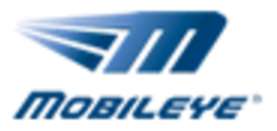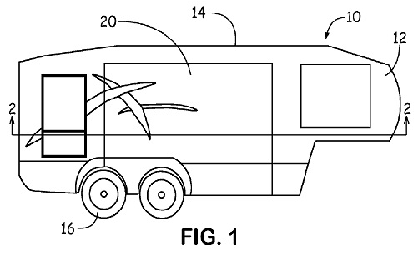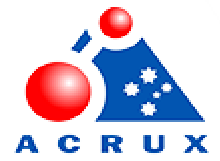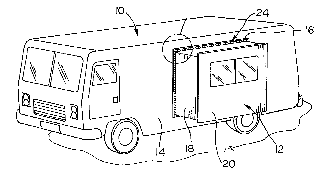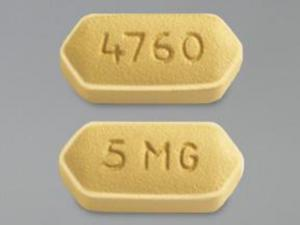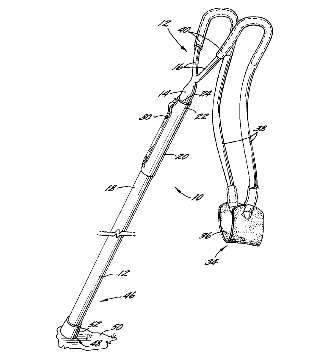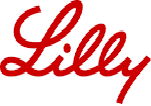
Indianapolis, Indiana – An Indiana patent lawyer for Eli Lilly and Company of Indianapolis, Indiana; Daiichi Sankyo Co., Ltd. of Tokyo, Japan; Daiichi Sankyo, Inc. of Parsippany, New Jersey; and Ube Industries, Ltd of Yamaguchi, Japan (collectively “Lilly”) sued in the Southern District of Indiana alleging that Lupin Ltd. of Mumbai, India and Lupin Pharmaceuticals, Inc. of Baltimore, Maryland infringed Patent Nos. 8,569,325, titled Method of Treatment with Coadministration of Aspirin and Prasugrel and 8,404,703, titled Medicinal Compositions Containing Aspirin, which have been issued by the U.S. Patent Office.
This lawsuit adds another two new Defendants, Lupin Ltd. and Lupin Pharmaceuticals, Inc. (collectively “Lupin”), to Lilly’s Indiana patent litigation efforts. In these “Effient” patent-infringement lawsuits, the Lilly group of Plaintiffs alleges infringement of its pharmaceutical product Effient. The patents at issue in the Lupin litigation are Effient-related patents 8,404,703 “Medicinal Compositions Containing Aspirin,” (the “‘703 patent”) and 8,569,325 “Method of Treatment with Coadministration of Aspirin and Prasugrel” (the “‘325 patent”).
This complaint asserts patent infringement arising out of the filing by Lupin of an Abbreviated New Drug Applications (“ANDA”) with the United States Food and Drug Administration (“FDA”) seeking approval to manufacture and sell generic versions of two pharmaceutical products – Effient 5mg and Effient 10mg tablets – prior to the expiration of the ‘703 patent and the ‘325 patent. These patents cover two Effient products and/or methods of using Effient products and for which Lilly claims an exclusively license.
Effient products were approved by the FDA for the reduction of thrombotic cardiovascular events in certain patients with acute coronary syndrome (ACS) who are to be managed with percutaneous coronary intervention (PCI, or angioplasty). Effient products contain prasugrel hydrochloride, which is also known as 5-[(1RS)-2-cyclopropyl-1-(2-fluorophenyl)-2-oxoethyl]-4,5,6,7-tetrahydrothieno[3,2-c]pyridin-2-yl acetate hydrochloride or 2-acetoxy-5-(alpha-cyclopropylcarbonyl-2-fluorobenzy1)-4,5,6,7-tetrahydrothieno[3,2-c]pyridine hydrochloride, and is covered by the ‘726 patent.
The instructions accompanying Effient products state that patients taking Effient products should also take aspirin. The use of Effient products in combination with aspirin for the reduction of thrombotic cardiovascular events in patients with ACS who are to be managed with PCI is allegedly covered by the claims of the ‘703 and ‘325 patents.
Lupin is accused of planning to infringe the patents-in-suit by including with its products instructions for use that substantially copy the instructions for Effient products, including instructions for administering Lupin’s products with aspirin as claimed in the ‘703 and ‘325 patents.
Plaintiffs contend that Lupin knows that the instructions that Lupin intends to include with its products will induce and/or contribute to others using those products in the allegedly infringing manner set forth in the instructions. Moreover, the Lilly Plaintiffs also contend that Lupin specifically intends for health care providers, and/or patients to use Lupin’s products in accordance with the instructions provided by Lupin and that such use will directly infringe one or more claims of the ‘703 and ‘325 patents. Thus, state Plaintiffs, Lupin’s actions will actively induce and/or contribute to infringement of the ‘703 and ‘325 patents.
The complaint, filed by an Indiana patent attorney, lists four counts:
• Count I: Infringement of U.S. Patent No. 8,404,703
• Count II: Declaratory Judgment of Infringement of U.S. Patent No. 8,404,703
• Count III: Infringement of U.S. Patent No. 8,569,325
• Count IV: Declaratory Judgment of Infringement of U.S. Patent No. 8,569,325
Plaintiffs ask the court for judgment:
• That Lupin has infringed the ‘703 patent and/or will infringe, actively induce infringement of, and/or contribute to infringement by others of one or more claims of the ‘703 patent;
• That Lupin has infringed the ‘325 patent and/or will infringe, actively induce infringement of, and/or contribute to infringement by others of one or more claims of the ‘325 patent;
• That, pursuant to 35 U.S.C. § 271(e)(4)(B), Lupin be permanently enjoined from making, using, selling or offering to sell any of its accused products within the United States, or, where applicable, importing accused products into the United States prior to the expiration of the ‘703 and ‘325 patents;
• That, pursuant to 35 U.S.C. § 271(e)(4)(A), the effective date of any approval of the Lupin ANDA under § 505(j) of the Federal Food, Drug and Cosmetic Act (21 U.S.C. § 355(j)) shall not be earlier than the later of the expiration dates of the ‘703 and ‘325 patents, including any extensions;
• If Lupin commercially makes, uses, sells or offers to sell any accused product within the United States, or, where applicable, imports any accused product into the United States, prior to the expiration of either of the ‘703 and ‘325 patents, including any extensions, that Plaintiffs be awarded monetary damages for those infringing acts to the fullest extent allowed by law and be awarded prejudgment interest based on those monetary damages;
• That the case be deemed exceptional under 35 U.S.C. § 285;
• That the ‘703 patent remains valid and enforceable;
• That the ‘325 patent remains valid and enforceable; and
• That Plaintiffs be awarded reasonable attorney’s fees, costs and expenses.
Continue reading
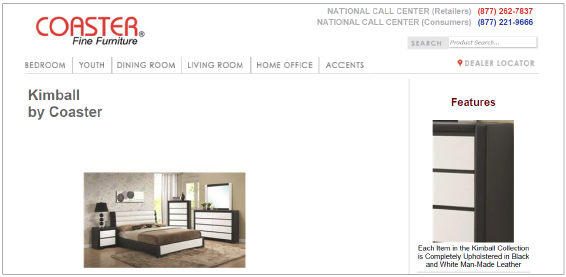
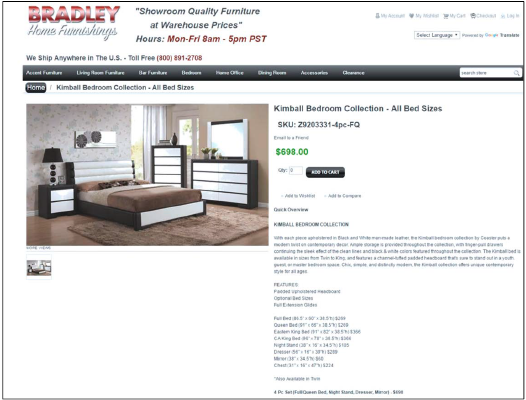
 Indiana Intellectual Property Law News
Indiana Intellectual Property Law News


